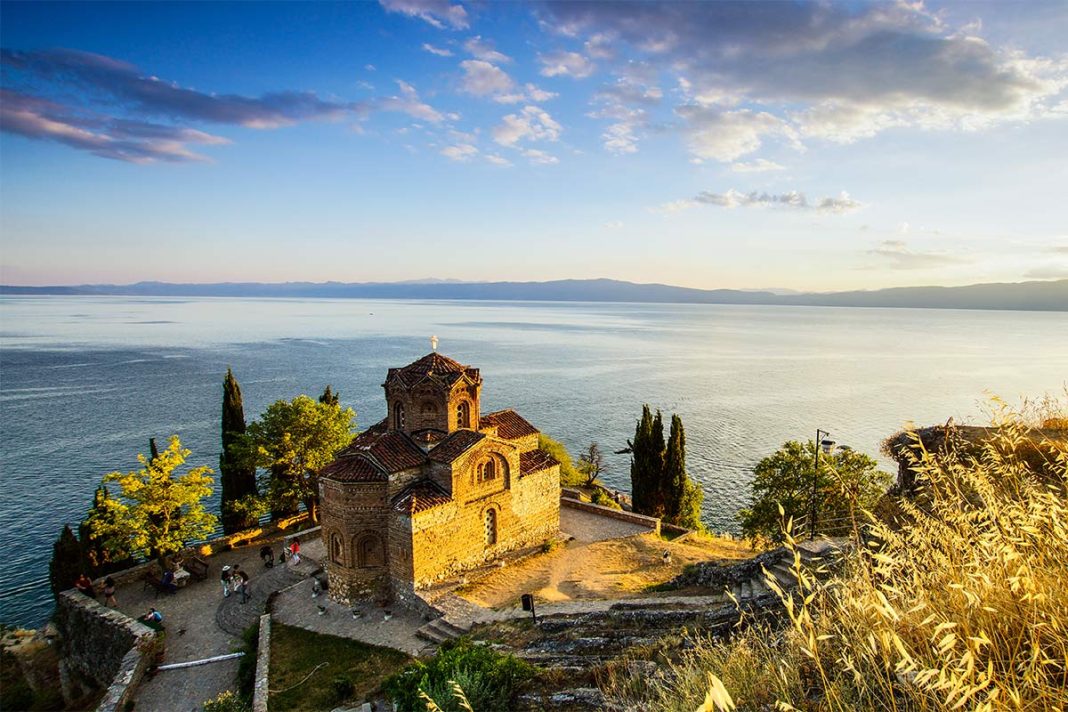Excavations in the Lin area have uncovered what researchers believe could be Europe’s oldest known lakeside settlement, dating back over 8,000 years.
Wooden pile structures preserved in the lakebed silt—estimated to be from 6000 BCE—suggest that Neolithic communities built elevated homes over the water, using thousands of wooden stilts. The settlement predates similar finds in the Alpine region by several centuries.
“This site shows advanced building skills and early human adaptation to aquatic environments,” said Albanian archaeologist Adrian Anastasi, part of the joint Swiss-Albanian research team. The preservation of organic material due to underwater conditions is providing unprecedented insight into daily life, diet, and construction methods in prehistoric southeastern Europe.
The Lin site is part of a broader UNESCO World Heritage zone, and this discovery is expected to bolster Albania’s cultural tourism and heritage funding.
This positions Albania as a key site in Europe’s prehistoric narrative and could attract global academic and tourist interest.







